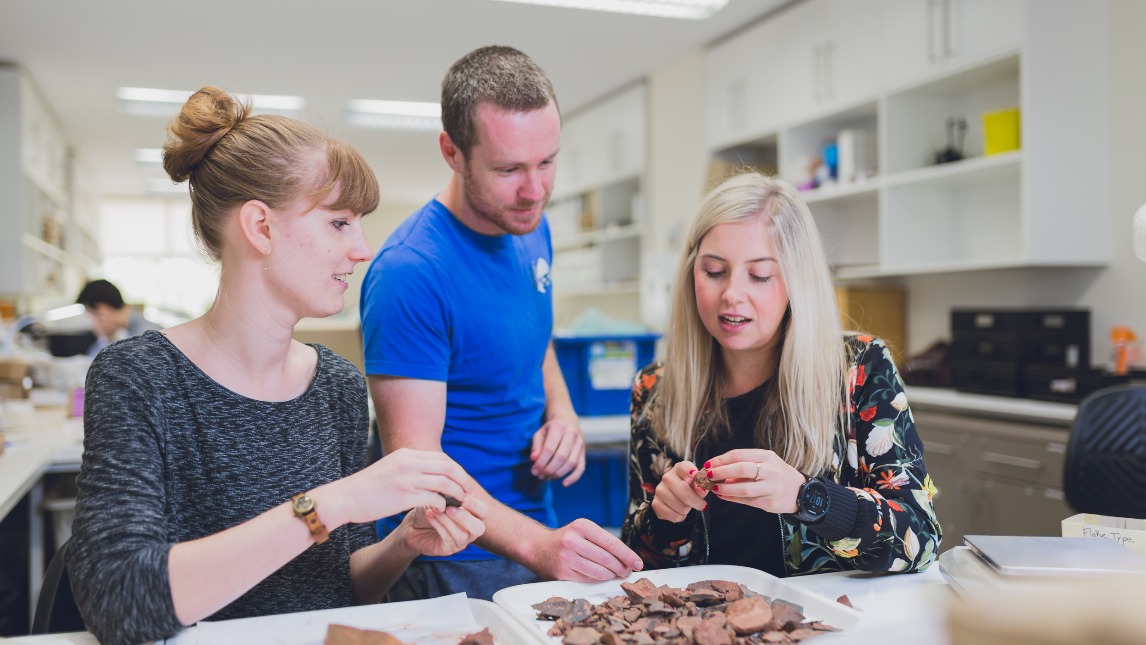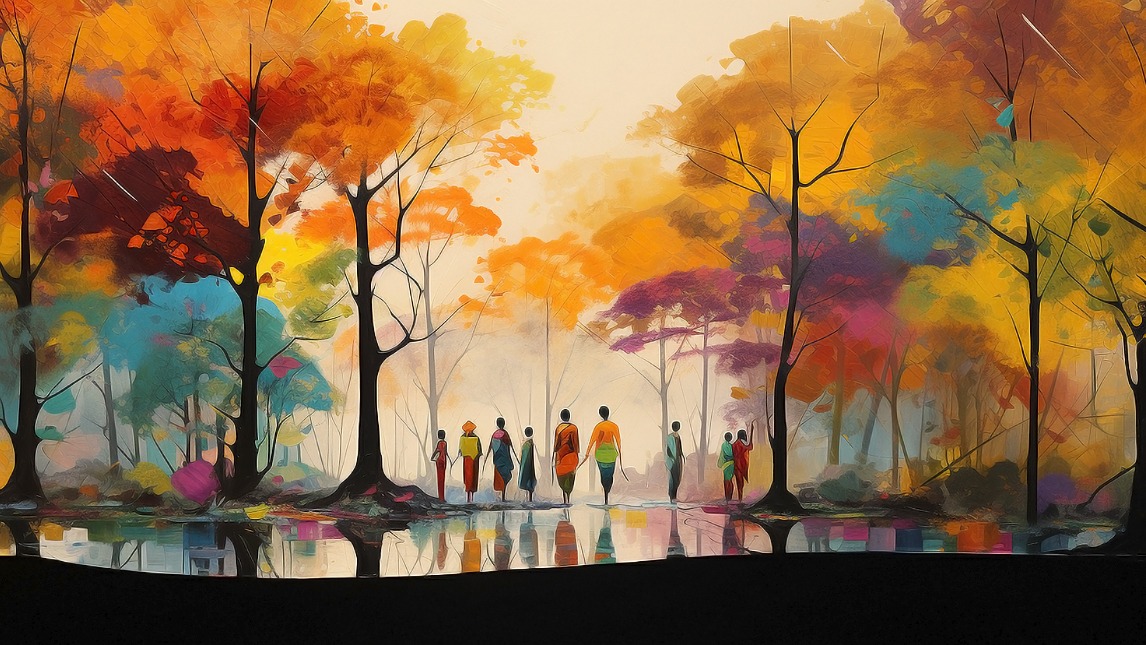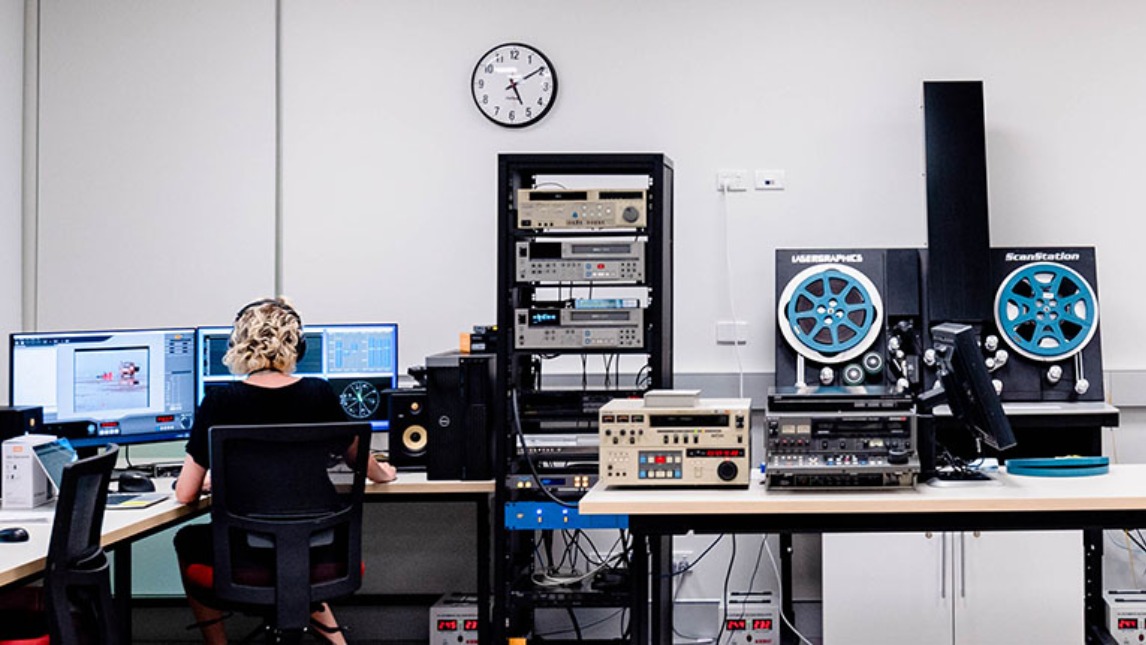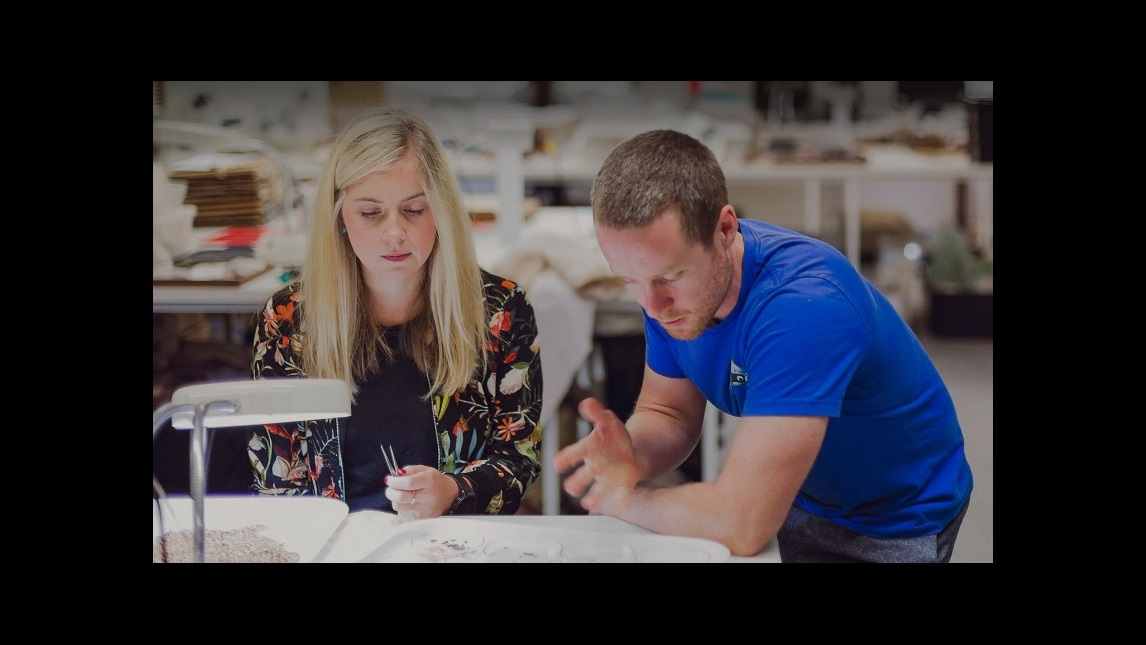Archaeology
Studying human life, thoughts and actions through material evidence
Over the last 150 years or more, no other field has transformed the way we see humanity’s past and humanity’s present more than archaeology. Archaeology has revolutionised our understanding of human evolution, the timing of the earliest human migrations across the globe, and the origins of agriculture and complex societies. It has equally redefined our understanding of more recent periods through uncovering hidden histories that have not been represented in written records.
Archaeology addresses the challenge of integrating vastly different timescales to understand the deep and recent past of humanity. It can equally demonstrate long-term developments across many millennia as well as individual actions of human beings, who lived thousands of years ago.
Few other fields of study combine intellectual pursuit with such a diverse set of practical skills, incorporating approaches from both the sciences and the humanities. There's almost no field of enquiry that cannot be connected to archaeology; archaeologists study animal bones, plants, sediments, human remains, tools and settlements, shipwrecks, rock art, the human use of oceans and landscapes as well as the history of the study of the past itself.
UWA Archaeology has expertise in working in Australia and the Indo-Pacific region as well as Europe, Africa and North America. Our staff and students work on collaborative projects together with industry partners and Indigenous communities across Australia, and our researchers are engaged in planning, social policy, community development, media, public relations, education, database management, and natural resource management. The lead for the Discipline of Archaeology is Professor Alistair Paterson.
Research strengths
- Aboriginal archaeology
-
Australia's long and ongoing Aboriginal history holds vital information about human identity, adaptability and resilience. We use culturally appropriate and cutting-edge analysis in collaboration with Aboriginal partners in the Pilbara, Kimberley and the South West to add to our research knowledge and to create sustainable heritage futures.
- Contact archaeology
-
The history of Australia over recent centuries requires research into the archaeology of encounters with Europeans, Makassans and other visitors, examining emerging cross-cultural identities, shared histories, colonisation and dispossession.
- Forensic anthropology
-
Anthropology is a theoretically and methodologically informed process, each stage of which can yield fascinating information about the human past. Close forensic analysis of the many types of anthropological evidence reveals details about human life. From 'big picture' questions such as ‘what makes us human?’ to specific details, such as the last use of a stone tool. Collaboration with the Centre for Forensic Anthropology extends this work to the human body.
- Heritage studies
- All peoples create group and personal identity through shared heritage. Our research focuses on tangible heritage such as built and symbolic places, sites and artefacts, as well as intangible heritage that embraces the transmission of song, dance, folklore and origin narratives.
- Historical and maritime archaeology
- The archaeology of Australian settler societies can be documented in the fields of maritime, historic and contact archaeology and the study of visual cultures. Our research explores the themes of discovery, trade expansion and colonisation as well as cross-cultural encounters with Indigenous peoples.
- Quaternary studies and archaeology
- Humans have shaped and adapted to the last two million years of Earth history – the Quaternary period. UWA researchers are leaders in the development and application of archaeobotany, geoarchaeology and zooarchaeology, helping us understand our past, present and future relationships with the natural world.
- Rock art
- Symbolic behaviour includes the production of rock art, material culture and personal ornamentation defining what it is to be human. Our research explores more than 40,000 years of culture contact and identity using informed and innovative scientific approaches.
- Theoretical archaeology
- Theoretical archaeology examines foundational aspects of archaeological interpretation and inquiry and the appropriateness of different methods and theories. Our research focuses on engagement with interdisciplinary aspects of archaeology between the humanities and the social and natural sciences.
Project highlights
- Desert to the Sea
-
This ARC Linkage project will expand our understanding of Aboriginal settlement and land-use in north-west Australia by investigating how the mythological narratives of Australia’s deserts enable the transmission of knowledge in water-limited environments.
Contact
Lead Chief Investigator, Professor Jo McDonald
- Desert People
-
The Desert People ARC Laureate Fellow brings innovative science & Indigenous knowledge together to develop new understandings of the 60,000-year custodianship of Australian deserts.
Contact
- Mobilising Dutch East India Company Collections
-
This project works with expert museum, gallery, library, archive and university researchers on a range of evidence of the Verenigde Oostindische Compagnie (VOC, or United East India Company) in Australian and international collections, including shipwrecks, artefacts, maps, letters, diaries and human remains, to examine Australia’s place in global networks involving Europe, Asia and Africa.
Contact
- ARC Centre of Excellence for Indigenous and Environmental Histories and Futures
-
ARC Centre of Excellence for Indigenous and Environmental Histories and Futures aims to generate a new direction in knowledge creation based on Aboriginal and Torres Strait Islander led approaches to managing Land and Sea Country.
The Centre expects to make a legacy contribution by developing complementary Indigenous and Western knowledge frameworks for modelling environmental, cultural, and historical change in Australia over the last millennium and into the near future.
Expected outcomes focus on sustainable Indigenous land and sea management planning for future decades. Benefits include improved forecasting of the trajectory of environmental change, an increase in the capacity of Indigenous research, creation of a pipeline for Indigenous students into research, and evidence-based policy-making.
Contact
- Pacific Matildas: Finding the women in the history of Pacific archaeology
-
This project aims to investigate the scientific lives of the first women who conducted archaeological work in Oceania from the late 19th to the mid-20th century, and document their hidden contributions to the development of Pacific archaeology, to ensure their stories and legacies become part of broader narratives in the history of science.
Contact
DECRA Research Fellow, Archaeology, Dr Emilie Dotte-Sarout
Related facilities
Our courses
Our centres
- Centre for Forensic Anthropology
- Archaeology at UWA is linked to the Centre for Forensic Anthropology, which specialises in the recovery and examination of human skeletal remains from thousands of years ago to the most recent past. Among other things, it allows the reconstruction of former living conditions, health and nutrition, population structures and sometimes the identification of decedents.
- Centre for Rock Art Research and Management
- The Centre for Rock Art Research + Management is committed to continuing research on projects within the University of Western Australia as well as in collaboration with national and international universities. Rock art is laden with cultural information that is used to learn more about people's stories, history, relationships to land, social boundaries, belief systems, and interaction or communication with others.
Contact the School of Social Sciences
Access
Weekdays 8.00am—4.00pm




